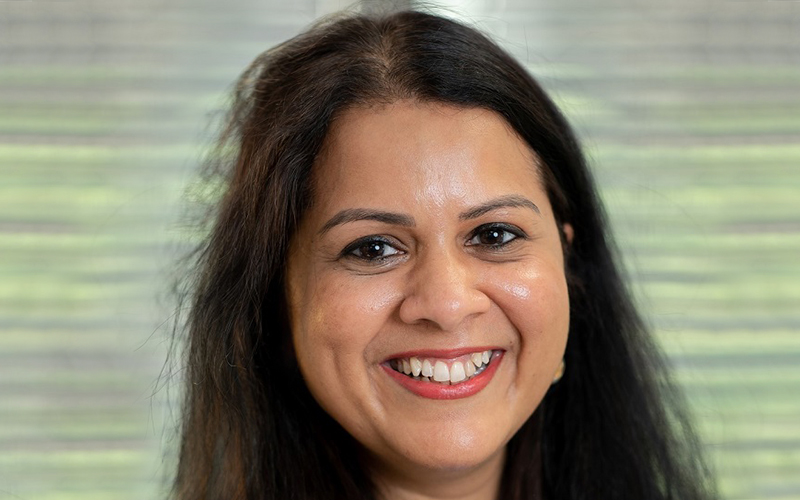
We know the impact of Covid on young people has been huge. There needs to be a far greater emphasis on early intervention and investment on preventive measures, including greater mental health education in schools. Stigma around mental health issues continues to be a problem and, although conversations are more commonplace than they once were, it is still a courageous, and difficult, act to raise your hand up and ask for help.
Only by talking about our mental health from an early age do we make it easier for people to speak up, ask for help and prevent the potential for longer term mental health difficulties/damage.
Lockdown impacted young people’s mental health and wellbeing severely and the repercussions will continue to be felt for a long time to come. Many young people became anxious, withdrawn and lacking in self-confidence. Social media exacerbates the issue and exposes our young people to harmful content, bullying and harassment. Pressures at school and in daily life are ever increasing.
It is true to say that the problem is magnified not only by rising numbers, but the complexity of issues young people are presenting with.
Referrals to Cygnet’s psychiatric intensive care units in our Child and Adolescent Mental Health (CAMHS) hospitals more than doubled between 2019 and 2022. Prior to the pandemic in 2019, 255 referrals of young people were made to psychiatric intensive care units run by Cygnet. By 2022, this had risen to 596, an increase of 134%. Admissions to the units saw a 41% increase in that time.
We saw an increase in the number of young people presenting with issues such as low mood, insomnia, stress, anxiety, anger, irritability, emotional exhaustion, depression and post-traumatic stress symptoms following lockdown. One of the biggest increases in presentation was seen in disordered eating. Similarly, referrals to our inpatient acute services rose by 61%, increasing from 668 young people in 2019, to 1078 throughout 2022.
We know prevention is better than cure and early support hubs and mental health support teams in school can play a crucial role in giving the young people in our society the best start in life and equip them with the tools they need to protect and manage their mental health.
If young people don’t receive the help they need for their mental health, future society will be all the poorer for it.